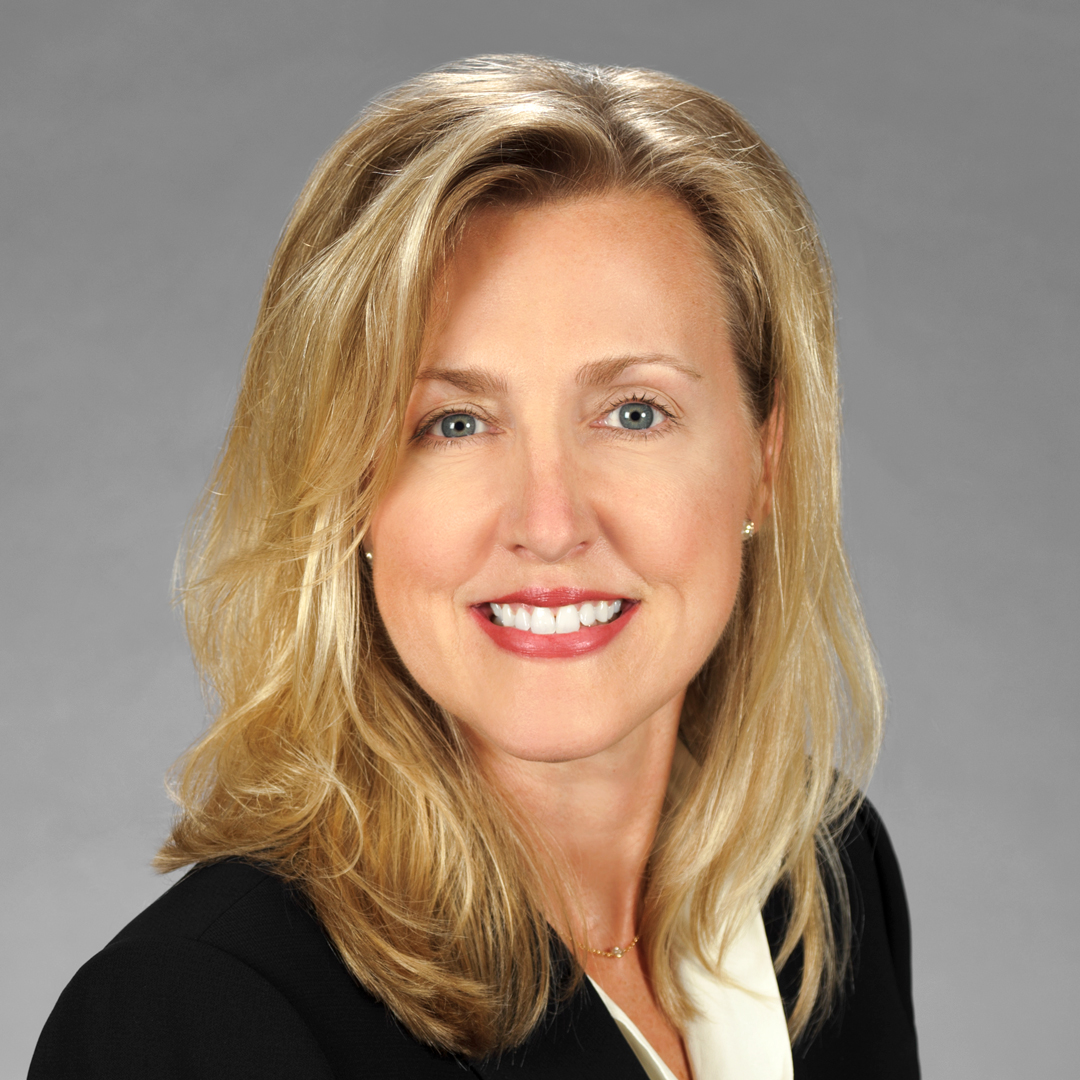When Sadzi Oliva accepted Governor Bruce Rauner’s nomination to the Illinois Commerce Commission (ICC) in 2017, she wasn’t aware that she was making history. Oliva is the first Latina to serve as an ICC commissioner and, in her trailblazing role, is intent on helping Illinois continue to lead the way on diversity and inclusion outreach.
The Chicago native and single mother is redefining tired stereotypes of what a leader looks like as a member of the National Association of Regulatory Utility Commissioners (NARUC) and its Committees on Water and Critical Infrastructure and chair of the Subcommittee on Supplier and Workforce Diversity. Add to that the boards of a half-dozen other regulatory and public interest organizations, and it’s clear that Oliva’s most recent appointment is not an outlier—it’s a byproduct of a driven executive who just happens to be the first Latina in her role.
Oliva says the compounded pressures of feeling like a cultural ambassador of sorts are nothing new. “I have always felt more scrutiny and more pressure because I don’t want to let anyone down,” Oliva says frankly. “I feel pressure to be more prepared and more ready than anyone else in the room because I never want to hear someone say, ‘Of course the first Latina would make that mistake.’”
“Diversity and inclusion are central to everything we do at Peoples Gas and North Shore Gas.
We have more than doubled spending with diverse suppliers since 2015 by making supplier diversity a key focus of our corporate strategy.
We take pride in helping diverse contractors compete for and win contracts with us and other companies, and we work closely with these businesses to develop and expand their capacity and expertise.
We deeply value the diversity of our workforce, which is 58 percent diverse, and have been intentional about making progress.
We expanded the diversity of our workforce in recent years—hiring four hundred veterans through the Utility Military Assistance Program, a partnership with Gas Workers 18007 and City Colleges of Chicago that trains veterans for careers as utility workers. We remain steadfast in our commitment to ensuring our workforce and the suppliers we do business with reflect the diversity of the communities we serve.”
Charles Matthews, President, Peoples Gas
The commissioner is also aware of the potential to use her position as a role model for future Latino leaders. That potential carries a responsibility of maintaining Oliva’s reputation as an attorney, a regulator, and a trusted public figure, and it’s one the commissioner doesn’t take lightly.
Diversified Illinois
The ICC has endeavored to diversify its own workforce, and Oliva has been an instrumental part of the process. Illinois has exceeded its own expectations in terms of vendor diversity spending. A 2018 study by the Illinois Utilities Business Diversity Council found that spending $1.05 billion on goods and services by minority-owned, women-owned, veteran-owned, and small business enterprises added more than $2 billion into the state gross domestic product in 2017.
“Because of the leadership that we’ve had with our former and current chairs as well as some of our past commissioners, the ICC has demonstrated that diversity and inclusion is a priority,” Oliva says. “This is something everyone is now talking about nationally, and other states ask me how we were able to make such progress on this issue.” The commissioner says the state is a thought leader in the space, especially because energy companies like Ameren, Nicor, People’s Gas, American Water, AQUA, and ComEd all have minority leadership at its highest levels. Recently, the President of Illinois American Water, Bruce Hauk, who is also Chair of the IUBDC, was awarded the Inclusion and Diversity Award by the National Black Chamber of Commerce because of his strides in diversity in the utility space.
That doesn’t mean Oliva’s appointment has been free of challenges. “Any regulator has the difficult task of making hard decisions that come down to affordability versus safety and aging infrastructure,” Oliva says. “That will always be a challenge.”
Oliva also says she’s working to make sure that D&I progress is felt in all the industries the ICC regulates. “The utilities get it, are onboard, and have absolutely made it a priority,” Oliva says. “But we recently had some of our regulated transportation industry submit mandated reports of their diverse spend, and there will definitely be a learning curve as we work to demonstrate that this is something that is being looked at not just by the commission but our general assembly as well. We hope they understand the value and importance of having a diverse and inclusive supply chain in their industries, too.”
Oliva’s being named chair of the Subcommittee on Supplier and Workforce Diversity for the NARUC is a chance to spread the positive strides Illinois has made to other states. Those sessions have included looking for ways to include veterans in professional services roles. “Their specific skill sets make them stand apart for work in the utility space,” Oliva says.
“Because of the leadership that we’ve had with our former and current chairs as well as some of our past commissioners, the ICC has demonstrated that diversity and inclusion is a priority.”
The committee is also focused on finding new qualified diverse candidates for an industry facing a multitude of boomer-age retirements. “Where do you find these candidates, and how early do we try to start getting them involved in the energy industry?” Oliva asks. “But even having those conversations is something I look at as an accomplishment.”
To this end, at the 2019 NARUC Summer Meeting, Oliva sponsored a resolution that passed unanimously: Encouraging the Inclusion of Minority-Serving Institutions in the Development of Long-Term Strategic Partnerships to Address Pending Retirements of Utility.
Protecting Those Who Need It Most
Since joining the ICC, Oliva says she’s almost incredibly proud of the new consumer protections the organization has put in place to curb what some see as overcharging of customers and deceptive marketing practices of alternative retail electric suppliers. As part of reoccurring policy sessions (deemed “Illinois Power Meter”), Oliva was able to speak directly to Latino households. “There are a lot of non-English speaking communities that are targeted by alternative electric suppliers, and we wanted to make sure the Spanish-speaking media could bring some awareness to what we’re doing to increase protections,” Oliva says.
The commissioner says it’s her job to work for the protection of all Illinois residents, but it gives her extra pride to be able to speak on behalf the community that helped shape her. Growing up, Oliva says her mother was the true embodiment of “what a Latina mother should be.” Excuses were not tolerated, Oliva explains, and she was pushed to be the absolute best that she could be. This has come in handy after becoming a mother herself.
“When I can bring my perspective as a Latina, as a single mom, I feel that it’s a unique perspective,” Oliva says. “When my ten-year-old who plays hockey can still see his mom as a driven, tough person, I feel like a real success.”
“Diversity and inclusion is something we live every day. It is threaded through every decision we make at Ameren Illinois.
Whether our folks are in the field modernizing our natural gas and electric delivery infrastructure or working in finance, legal, or administrative functions, it is important for our employees to reflect the people and communities we serve.
The same goes with suppliers and contractors. We actively open doors for diverse enterprises to compete for our business. Spending on goods and services from diverse companies has grown from about twelve percent to thirty percent in the last five years, with many more diverse firms on the front lines helping us build the energy grid of the future.
We believe that diversity and inclusion make us a stronger company. At Ameren Illinois, it’s a foundation that has enabled us to consistently deliver superior value to our customers.”
Richard Mark, Chairman and President, Ameren Illinois

